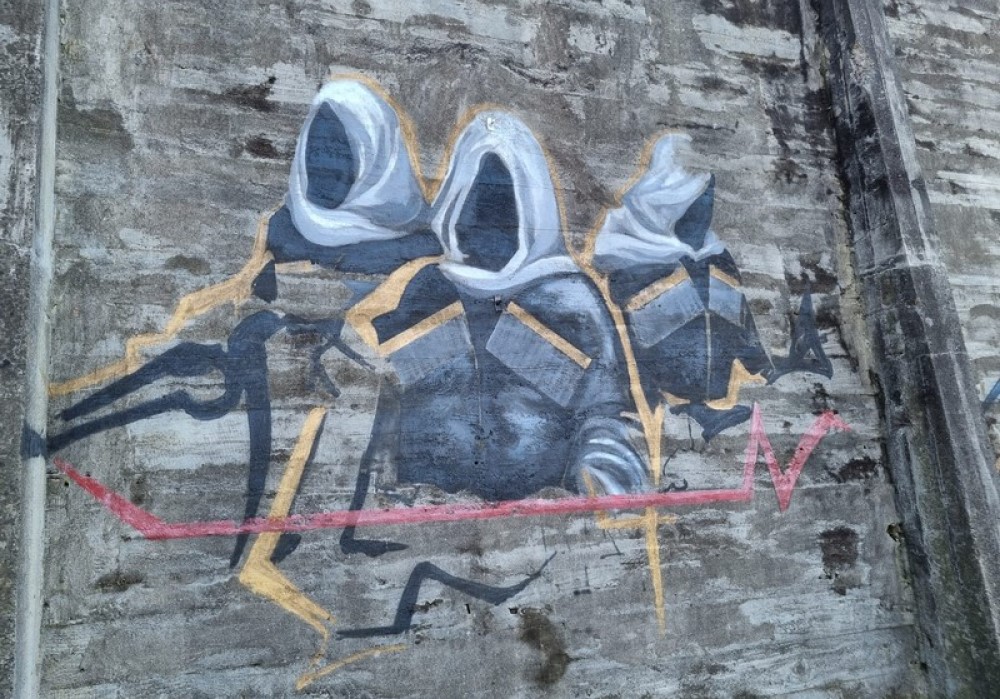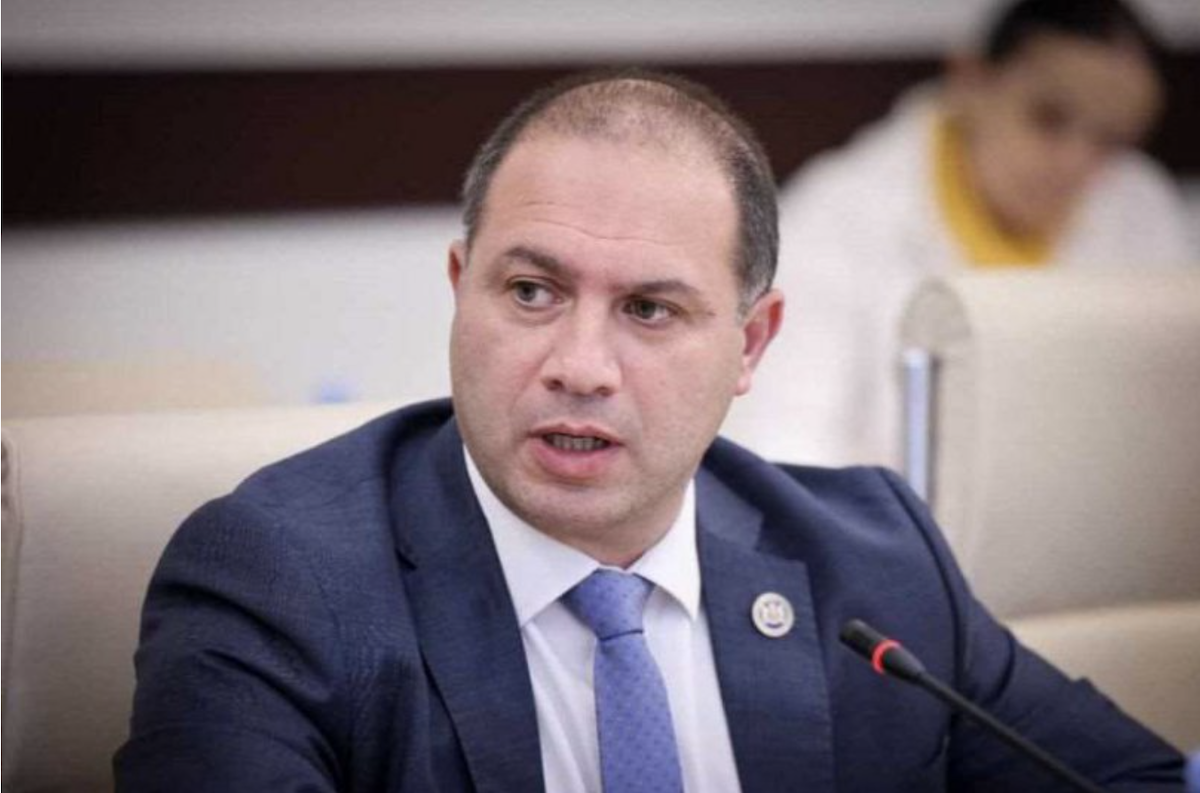The border revision in the offing
Three notable events shook the Greater Middle East region last week – a truce in Syrian city of Aleppo turned out to be ‘on the brink’; a group of young people, gripped by a nationalist mood, carried out violent attacks on the Turks-owned shops in Tbilisi. Nearly at the same time, Turkish President, Recep Tayyip Erdoğan, unexpectedly expressed discontent with the Treaty of Lausanne.
One would think, there is no link between these events, but if one gets to the root of the matter, one would see that all those events could be traced back to one important issue-the foundation of the territorial division of the Greater Middle East, which determines its ethno-confessional and state division.
The Treaty concluded in Lausanne in 1923, which ratified dissolution of the Ottoman Empire and declared the formation of the Turkish republic, is that very foundation. Earlier, similar Treaty had been concluded in Sèvres, in 1920. However, Turkey managed to reach agreement with Russia and conclude the Kars and Moscow Treaties, allowing Ankara to gain control over many territories, previously regarded as Armenian, Georgia and Greek ones. The Lausanne Treaty is much beneficial for Turkey than the Sèvres Treaty.
So, what made Recep Tayyip Erdoğan indignant? In his words, the Treaty of Lausanne deprived Turkey of control over certain Greek islands. These words immediately stirred up protest at the Greek Prime Minister’s level. The latter called for refraining from revision of the fundamentals of the administrative and territorial division in the greater region. However, as experts claim, Erdoğan’s words weren’t caused by longing for the Greek islands, but rather by a prospect for Syria’s division, provided that the USA and Russia fail to reach any agreement.
One month ago, Turkey carried out a military invasion in Syria, ‘staking out’ a 90-kilometer line along the Syrian-Turkish border. Erdoğan’s statement was regarded by many as a preparation for a rapid division of Syria and Turkey’s claim for part of the former Ottoman territories in Syria.
Will the Lausanne Treaty be revised? What will it be replaced with and what will happen to the countries subject-matter of this and other treaties, who formalize the dissolution of the Ottoman Empire? For example, what will happen to Georgia? Could Turkey raise claims for Ajara, which it almost unabashedly regards as unfairly torn away from the Ottoman Empire?
In view of the aforesaid, the violent attacks against Turks-owned property in Tbilisi center look like a part of general mosaic and Georgia’s response to Ankara’s underlying claims. Yet, it is unclear, whose answer it is and who is behind those violent attacks.
Armenia has been closely watching the preparation for possible denunciation of the Lausanne Treaty, which may be the case if Syria is divided and the Kurdish state is established. Although, Armenia isn’t mentioned in the Lausanne Treaty and its lot and borders are determined by separate Russian-Turkish treaties, but Armenia’s issue will be also raised in case of revision of the treaty foundation of the region.
In particular, Nakhijevan, as well as Karabakh issues, will regain their topicality, which may provide grounds for resolution. It’s no coincidence that the U.S. Secretary of State, John Kerry, stated that so far there were no prospects for settlement of the Karabakh conflict through talks and that the leaders weren’t ready for its resolution.
The analysts believe, the Karabakh conflict is a direct violation of 1921 Russian-Turkish treaties. However, the Armenians’ national liberation movement fully fits into the U.S. plans on revision of the regional borders, if that’s the case.
A story with the recent recognition of the Armenian genocide also fits into those plans. The U.S. Senate recently overrode the President’s veto and confirmed the Americans’ right to file lawsuits against Saudi Arabia, as a country to be blamed for September 11, 2001 tragedy.
Turkey called on the USA to refrain from passing such a law, saying that if countries are deprived of their legal immunity, many states may be facing claims, including the territorial ones. Turkey was presumably referring to Armenian issue.
In the 20s of the 20th century, the USA didn’t have enough mightiness to set the boundaries in the Greater Middle East region in its own way. Despite that fact that the U.S. President Wilson’s arbitration served as the foundation for the Sèvres Treaty, Russia, Turkey and some other countries, still managed to ‘postpone’ the Sèvres Treaty and conclude a number of ‘their own’ ones -Moscow, Lausanne etc..
The region lived based on ‘non-U.S.’ treaties for 100 years: in 2011, Erdoğan even specially travelled to Moscow for 90th anniversary of the Moscow Treaty and together with then-Russian President, Dmitry Medvedev, they reiterated their commitment to the treaty. After Turkey downed Russian warplane in November 2015, the issue of possible denunciation of the Moscow Treaty was immediately raised. However, both countries immediately refuted such a possibility.
Now the matter concerns possible revision of the very foundation – the Treaty of Lausanne. Many experts believe that on the decline of President Barack Obama’s presidency, the USA may offer its own regional division plan, ‘Obama’s arbitration, that could replace the unfulfilled ‘Wilson’s arbitration’.
Published: 04.10.2016



















